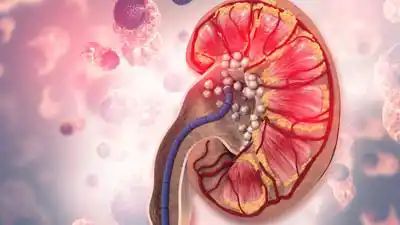Rare Disease Day 2024: List Of 5 Common Rare Diseases In Newborns, Role Of Genetic Counseling In Managing Them

Rare diseases in newborns, often referred to as orphan diseases, present a considerable health challenge affecting millions worldwide.
These conditions, characterized by their low prevalence in the general population, can be genetic, metabolic, or congenital.
Genetic diseases result from DNA anomalies and are usually inherited. Metabolic conditions emerge when the body cannot properly process certain nutrients and chemicals, while congenital anomalies are physical defects present at birth. Identifying these diseases is difficult due to symptom overlap with more common illnesses.
Every year 28 February 2024 marks Rare Disease Day, so let us know the tips to manage the rare diseases in newborns. Genetic disorders, comprising a spectrum of health issues caused by anomalies in genes or chromosomes, present significant challenges for individuals and families alike.
1. Down Syndrome
Among these, Down syndrome emerges as the most common genetic disorder, attributed to an additional copy of Chromosome 21. This condition manifests in approximately 1 in every 700 live births across the US, underscoring the critical need for prenatal screening and genetic counseling for prospective parents. The hallmark symptoms of Down syndrome include distinctive facial features and congenital heart defects, necessitating a comprehensive approach to care and support.
2. Turner Syndrome
Turner syndrome, affecting 1 in every 2,000 female births, results from a missing X chromosome. This condition often remains undiagnosed until puberty, when symptoms such as delayed puberty and infertility become evident. Additional health concerns include short stature and congenital heart defects, with genetic counseling playing a pivotal role in targeted testing and management.
3. Fragile X Syndrome
Fragile X syndrome, more prevalent in males, occurs in 1 out of every 4,000 to 6,000 live births. A mutation in the FMR1 gene is the culprit behind this condition, leading to intellectual disability, developmental delays, and behavioral challenges. Genetic testing serves as a crucial tool for diagnosing children exhibiting developmental delays or behavioral issues, aiding in the identification and management of Fragile X syndrome.





